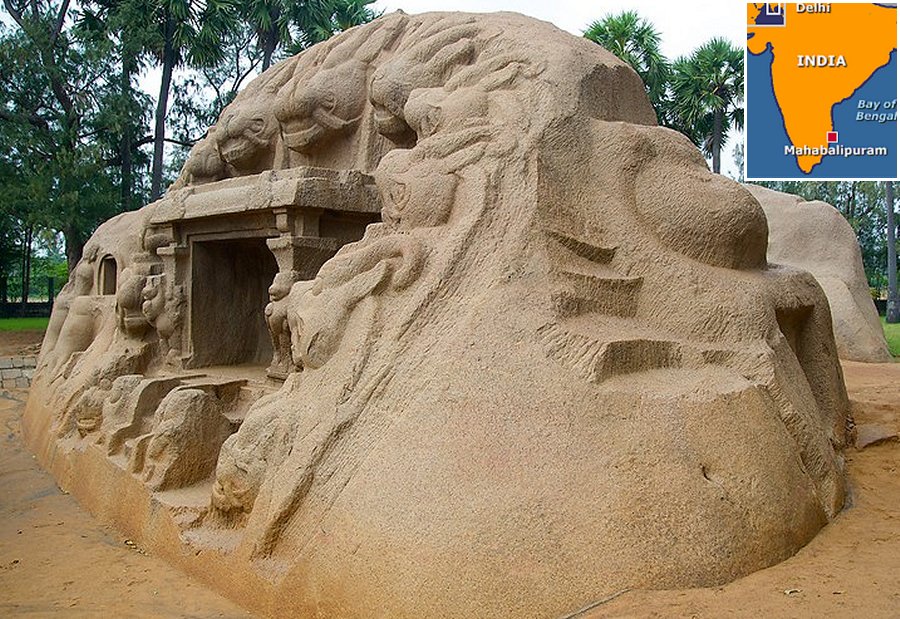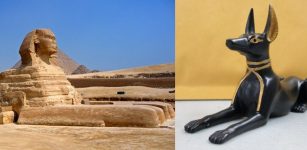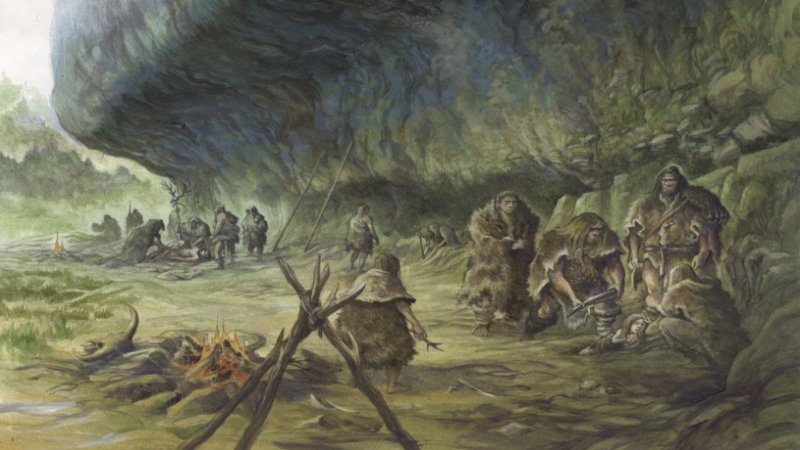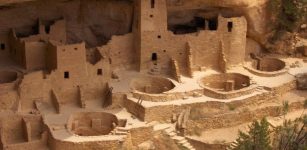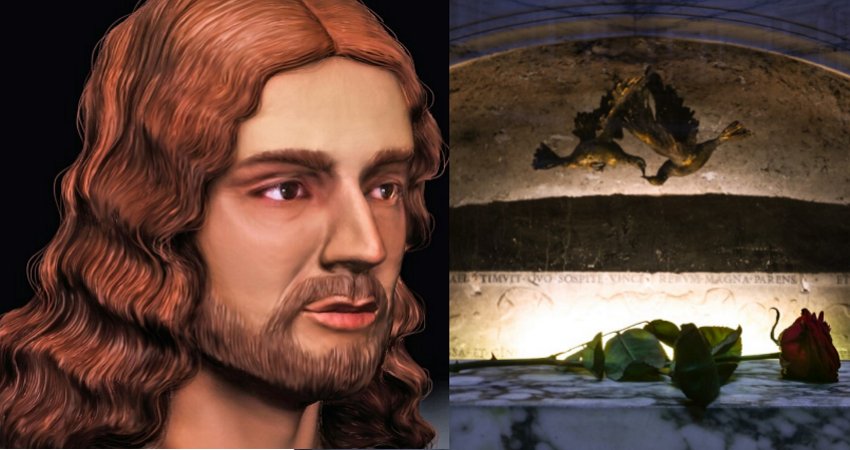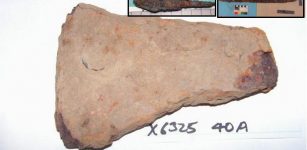Tiger Cave: Rock-Cut Hindu Temple Complex Dated To East India’s Pallava Empire
MessageToEagle.com – The Tiger Cave is an ancient religious site decorated with carvings of mythical creatures and ancient inscriptions and its name originates from tiger head carvings at the mouth of the cave.
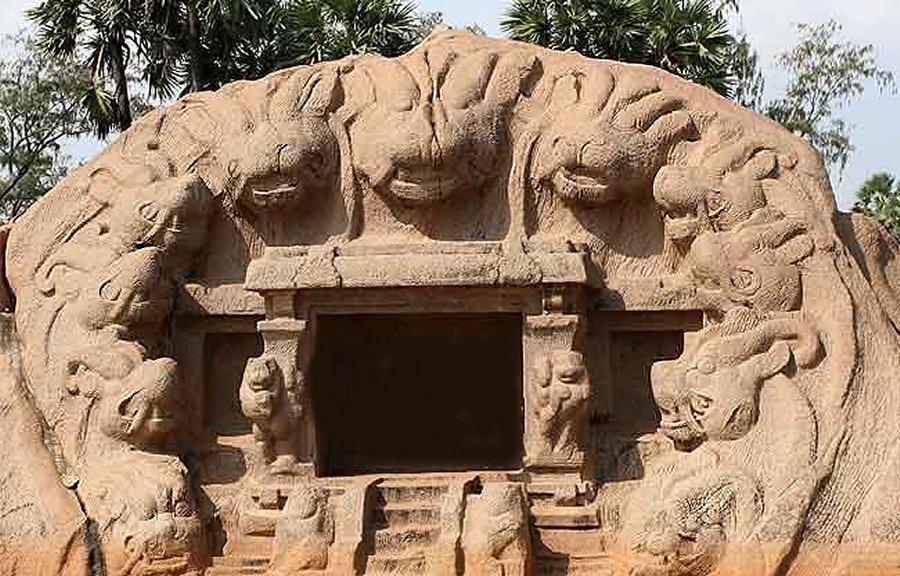
The cave, which is located only 3 miles (5 kilometers) north of the port-city Mahabalipuram in Tamil Nadu, India, is considered to be one of the Mahabalipuram rock-cut temples constructed during the reign of a great warrior, King Narasimhavarman I.
He was a Tamil king of the Pallava dynasty who ruled South India from 630–668 AD.
This king is commemorated today, not for all conquests, but for his contribution to the art and architecture of Tamil Nadu.
Narasimhavarman I made Mahabalipuram city, a famous center for sculptors and architects, a place of cave temples and numerous chiselled shrines. During his reign, the artists of Mahablipuram created numerous temples; Narasimhavarman I also built a number of other temples such as the Kailasanatha temple at Kanchipuram.
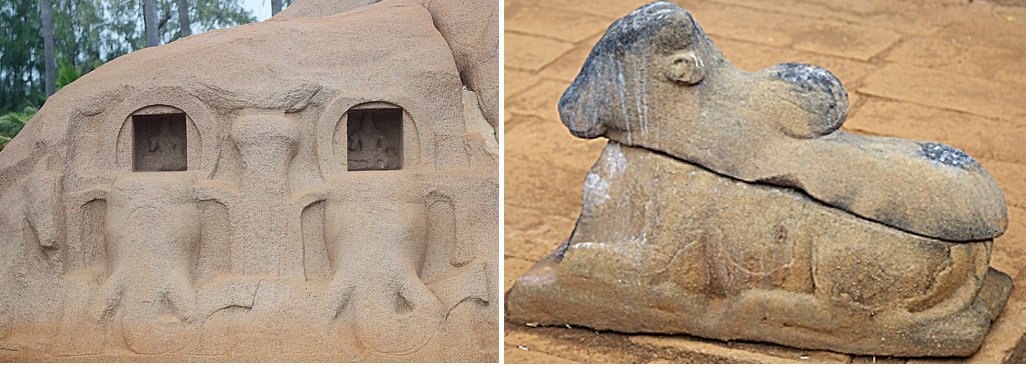
The beautiful, but somewhat bizarre Tiger Cave, was also dedicated to the goddess Durga, usually depicted seated on a tiger.
The Hindu warrior Goddess Durga – a unified symbol of all divine forces – is usually depicted as a beautiful woman with ten arms that bear divine weapons to protect all that is sacred.
See also:
Mystery Of 1,000 Ancient Carved Shiva Lingas Discovered In India And Cambodia
Ajanta Caves: Incredible Accomplishment Of India’s Ancient Stonecutters
Enormous 5,000-Year-Old Harappan Stepwell Discovered In Kutch, India
Gigantic Kailasa Temple Emerging From A Mountainside: Engineering Marvel Of India’s Master Builders
Vijayanagara – The City Of Devas – ‘The Shining Ones’ – Place Where Mythology And History Coexist
The tiger-like creature – Yali – is a prominent figure of Hindu mythology. Accordng to very old descriptions of and references, Yali creature is more powerful than a lion or tiger, may be portrayed as part lion, part elephant and part horse, and in some other similar shapes.
Another striking looking structure of the complex is decorated with wall inscriptions in the Pallava Grantha script, used by the rullers of Pallava; and a Shiva Linga statue, a phallic tribute to Lord Shiva. In addition to the two cave temples, there are many relief sculptures depicting everyday life in the 7th century.
Copyright © MessageToEagle.com All rights reserved. This material may not be published, broadcast, rewritten or redistributed in whole or part without the express written permission of MessageToEagle.com
Expand for references

